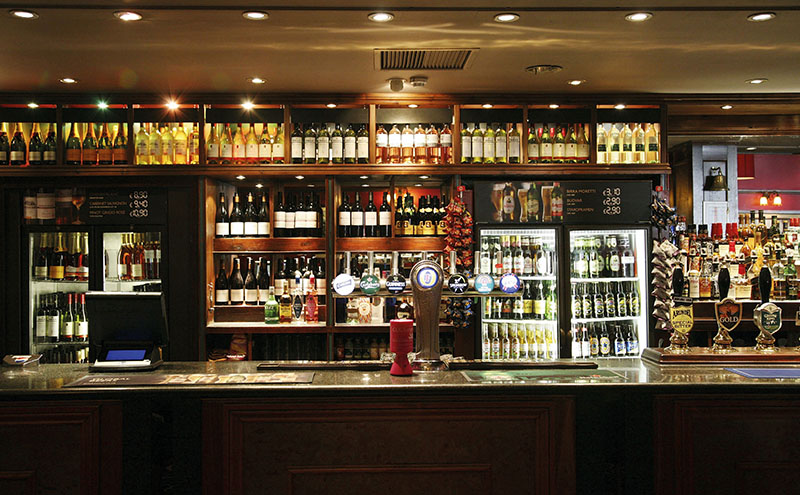Draft rateable values of many pubs and hotels have increased but there is scope to challenge and appeal, writes rates specialist Martin Clarkson

AS we usher in the new year, 2017 could bring significant changes to one of the most contentious charges facing owners and occupiers of pubs and hotels in Scotland, namely business rates.
From April 1, 2017 the rateable values (RVs) of all non-residential properties in Scotland, and the rest of the UK, will be reassessed for the first time in seven years. Current RVs, which came into effect in 2010, reflected values in 2008; the 2017 revaluation will be based on 2015 values and will dictate rates payments for all business premises until at least 2022.
Draft RVs were made available prior to Christmas, following a number of significant announcements in the Scottish Budget.
The headline changes which come into effect from April 1 are:
• The Uniform Business Rate (UBR) for 2017/18 in Scotland, which calculates the rates due on each property’s RV, will be £0.466 for RVs up to £51,000 or £0.492 for RVs over £51,000.
• The limit for small business relief at 100% increases from RV £10,000 to RV £15,000.
• There will be no transition or phasing of increases or decreases in rates liabilities so the full impact of new RVs will apply from April 1.
The increase in threshold for 100% relief to RV £15,000 is obviously welcome for those sole trader companies and individuals who qualify. Based on the proposed approach to valuation this should result in most operators of traditional pubs where net turnover is no higher than £190,000 having no rates liability.
For those who will pay rates, the UBR is set to drop by less than 2p this April and, allowing for projected annual inflationary increases, this year’s new rateable values could be charged at over £0.55 by 2021/22.
In terms of the revised rateable values, there has been mixed reaction to the draft RVs which are now in the public domain.
From initial analysis undertaken by Gerald Eve the feedback from its clients in the hospitality sector has tended to be negative, particularly when comparing with how other sectors appear to have been treated.
For example RVs on retail properties appear to be coming down with even most large supermarkets being assessed at RVs no higher than existing. Outside the prime city centre retail locations, there are many examples of RVs on shops reducing by between 25% and 40%.
Based on the sample of public houses and hotels considered so far by Gerald Eve, very few pub and hotel RVs are reducing whilst there are some significant increases, particularly hotels. One provincial hotel operator contacted me worried that their RV is set to increase by 544% resulting in their rates bill jumping from £23,000 in 2016 to just under £100,000 in 2017.
This is partly due to the different approaches to valuation.
There are still fundamental differences of opinion on how licensed premises and hotels are being valued, with turnover in 2015 being the main factor for the assessors.
Many clients are concerned that increasing turnover does not necessarily result in increased profit or value and some fear they are being penalised for success or, through necessity, that having to pass on cost increases to prices there is a perceived increase in top line turnover.
Ratepayers do still have the opportunity to provide information to assessors who may be relying on out of date or inaccurate records if they are estimating figures.
There is also a formal appeal process open to all owners and occupiers, however, from a recent SLTA survey, a high proportion of ratepayers were either unaware of any right of appeal or that any such appeals must be lodged by the deadline of September 30, 2017.
The formal appeals process can be complex and slow with ratepayers required to pay based on the proposed RV in the interim. Our clients are keen for us to maintain an ongoing dialogue with assessors to try and make any appropriate adjustments to RVs by agreement sooner than later if possible.
2017 certainly looks to be an interesting, hopefully not over-rated, year.
• Martin Clarkson is a partner at Gerald Eve.





















